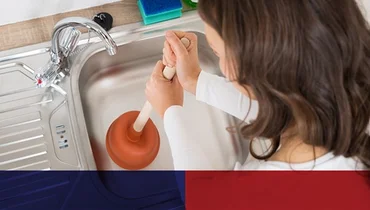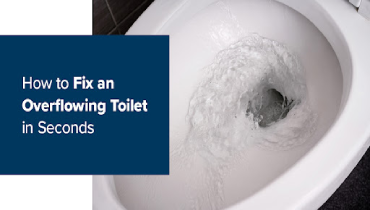Winter brings snow, cozy nights by the fire, and frozen plumbing. It can be a tough season for your home, but preparing your pipes for the incoming cold can make all the difference.
Learn moreOur Oneida Plumbing Blog
Shared Resources for Your Home Needs
All Blogs
Mold and mildew form in damp places, making your bathroom a likely target. Pink and black mildew and mold are unappealing and pote
Learn moreThere are few things more frustrating than a slow drain. Sitting with a sink full of dirty water wondering when it’s finally going to drain away is stressful and time-consuming.
Learn moreIn Oneida, average temperatures each year usually span between 16 °F and 81 °F over the seasons, and while they rarely dip below -2 °F or above 89 °F,
Learn moreWhile toilet plungers may be a staple household item, you might not know that they come in many varieties or even know exactly how
Learn moreThe next time your toilet clogs, there is no need to panic. This guide will teach you exactly what to do whenever your toilet over
Learn moreBlog Categories
Let Us Call You
Blog Categories
About Mr. Rooter Plumbing

Since the original Mr. Rooter was founded in 1970, the company has remained committed to a set of core values that are rooted in performing quality work at honest prices. Nearly half a century later, the original Mr. Rooter business is still servicing homes and businesses in and around Oklahoma City. It’s still independently owned and operated with strong ties to the community that made it all possible.

